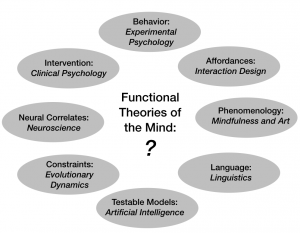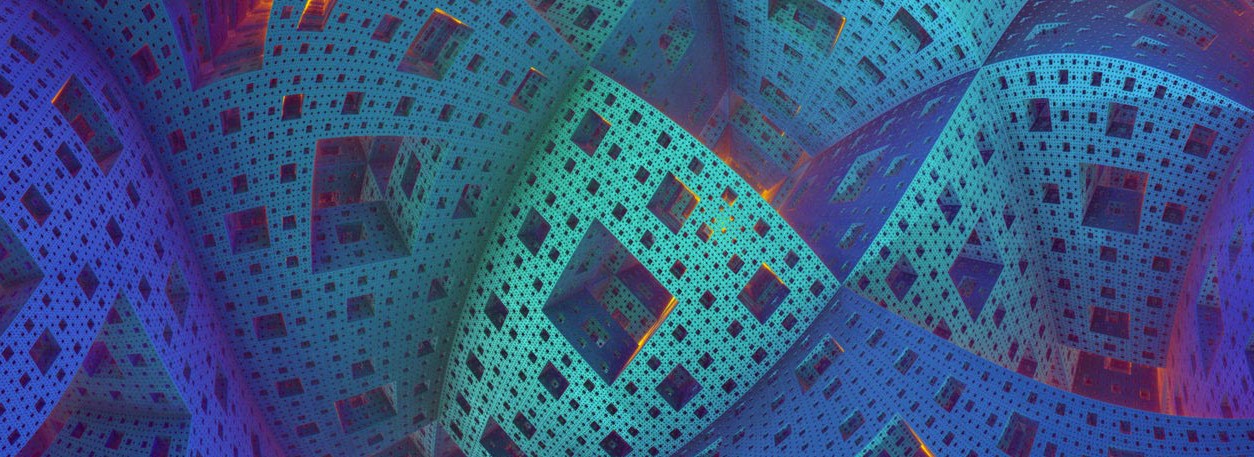 Individual cognitive sciences are largely unaware of each other’s contributions. Testable computational models (Artificial Intelligence), partial knowledge about functional realization (neuroscience), and results from developmental, cognitive and differential psychology constrain the search space for theories about the mind: the design space of cognitive architectures.
Individual cognitive sciences are largely unaware of each other’s contributions. Testable computational models (Artificial Intelligence), partial knowledge about functional realization (neuroscience), and results from developmental, cognitive and differential psychology constrain the search space for theories about the mind: the design space of cognitive architectures.
Functional theories can guide brain research, psychological experimentation, social science and interaction design, and make knowledge useful across disciplines.
We want to overcome the fragmentation of the cognitive sciences. We aim to create models and concepts that bridge between methodologies, and can support theory-driven research.
Among the most interesting questions:
- How does our mind construct the dynamic simulation environment that we subjectively inhabit, and how can this be realized in a neural substrate?
- How can neuronal representations be compositional?
- What determines the experiential qualities of cognitive processes?
- What makes us human?

